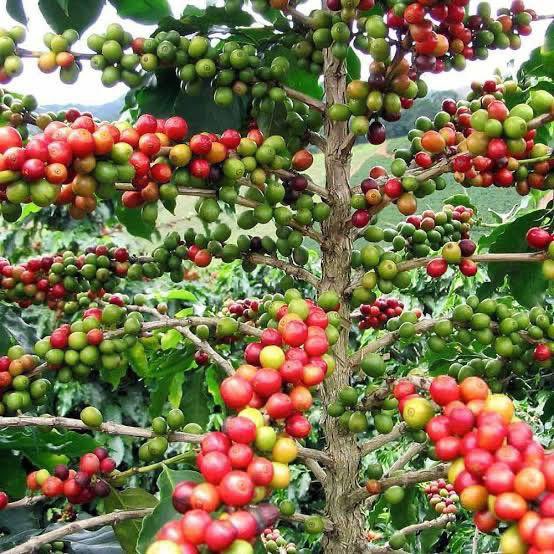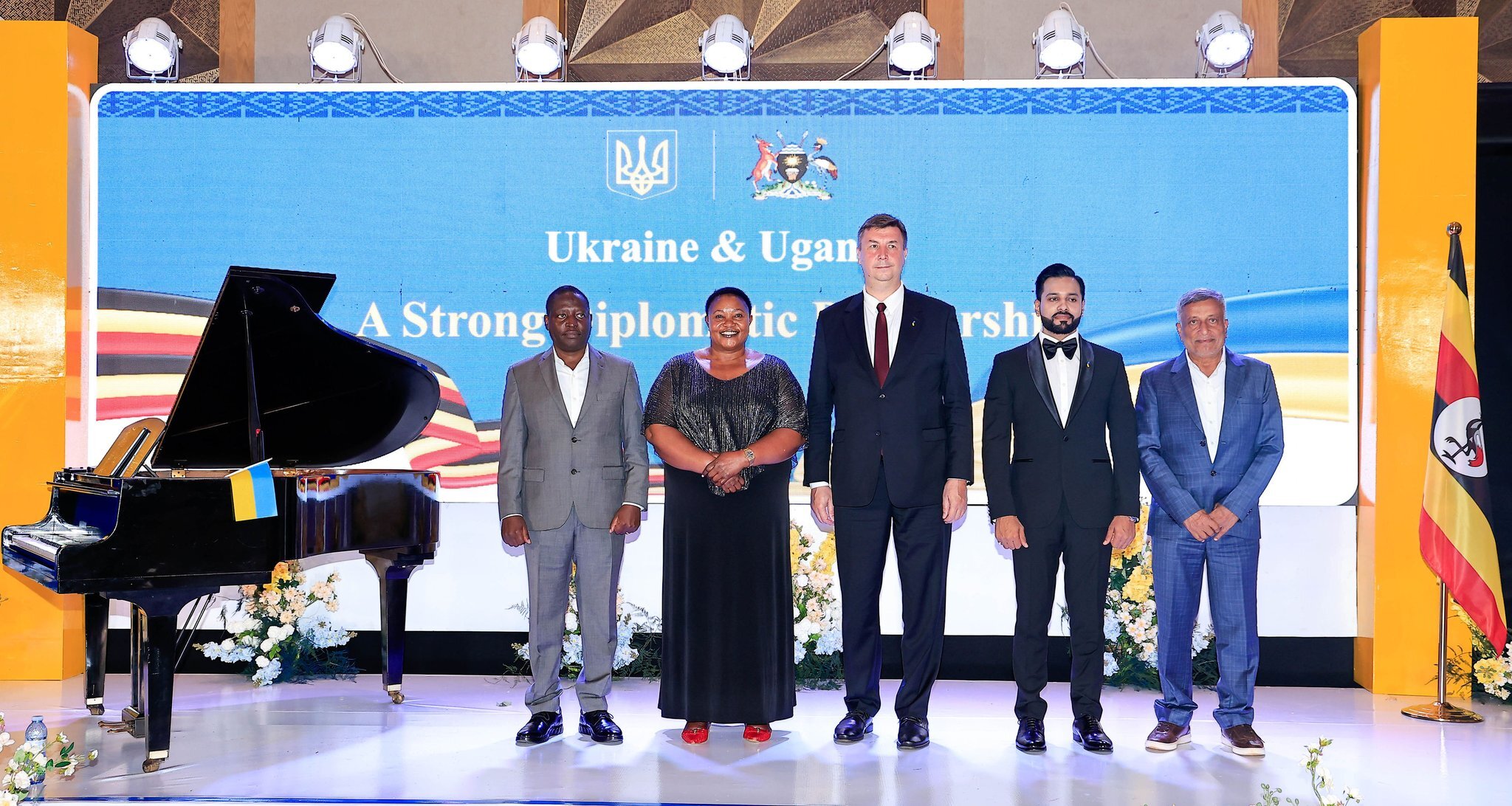Dakar, Senegal: Uganda has unveiled a bold plan to attract 1.4 billion dollars (5.3 trillion shillings) in agricultural investments
The plan is to unlock value in five key agricultural value chains: coffee, dairy, beef, maize, and soybeans, positioning the country as a future food hub for East and Central Africa.
The investment plan was presented to international investors at the Africa Food Systems Forum (AFSF) in Dakar, Senegal, by a Ugandan delegation led by the Minister of State for Agriculture, Fred Kyakulaga Bwino.

Minister Kyakulaga said Uganda’s fertile land and youthful population make it one of Africa’s most attractive destinations for agribusiness.
“Uganda is a young and fast-growing society of nearly 46 million people, with over 78 percent under the age of 35. This dynamic demographic provides a ready, energetic workforce and a large domestic market,” Kyakulaga said.
The minister highlighted that Uganda’s economy grew by 6.1 percent in 2024, attracting US$3 billion in foreign direct investment, supported by low inflation and a stable macroeconomic environment. “In short, Uganda is open, stable, competitive, and endowed with numerous comparative advantages,” he added.
“The opportunities are clear, the incentives are attractive, and the time to invest in Uganda’s agricultural transformation is now.”
The Uganda Investment Authority (UIA) presented a detailed blueprint for investors.
To attract investors, Uganda is offering a 10-year corporate tax holiday, VAT exemptions on seeds and machinery, and streamlined licensing through the Uganda Investment Authority One-Stop Centre www.ebiz.go.ug
“Our ambition is to triple coffee production from 7 million to 20 million bags. This is not simply about planting more trees but about structured, sustainable value-chain growth,” said Mr. Peter Mulira, an Investment Executive at UIA.
On dairy, Mulira noted that exports currently stand at just 3.2 million dollars, yet the sector has the potential to be worth 1.3 billion dollars. “We aim to increase production from 3.85 billion litres to 6.4 billion litres, supported by integrated dairy hubs and modern processing plants”, he explained.
Mulira also identified untapped potential in beef. “In Uganda, beef consumption is just 6 kilograms per person annually, four times lower than in comparable countries. This deficit is not a limitation, but an opportunity”, he said.
Uganda, with access to vast regional markets like the East African Community (300 million people), Common Market for Eastern and Southern Africa (600 million), and the African Continental Free Trade Area (AfCFTA) (1.3 billion), sees agriculture as its industrial-scale growth engine.
“This is about positioning Uganda as a food basket for hundreds of millions of regional consumers. The demand is real, the figures are clear, and the opportunity is on an industrial scale,” Mulira said.
Development partners expressed strong support for Uganda’s agricultural agenda. The Uganda Country Director of Alliance for a Green Revolution in Africa (AGRA), David Wozemba, stressed the importance of reducing post-harvest food losses.
“This is a critical catalytic investment; one that will support investors, government, and smallholder farmers to realise their vision”, Wozemba said.
Wozemba emphasized the role of youth in driving agricultural transformation. “Young people are critical partners in this agenda. In the coming months, we will announce new commitments to scale youth participation in the rural ecosystem”, he said.
The targeted investments are expected to create 85,000 direct jobs, increase export earnings, and reduce Uganda’s reliance on food imports.
The initiative aligns with Uganda’s Vision 2040 and the upcoming National Development Plan IV (NDP-IV).
***






